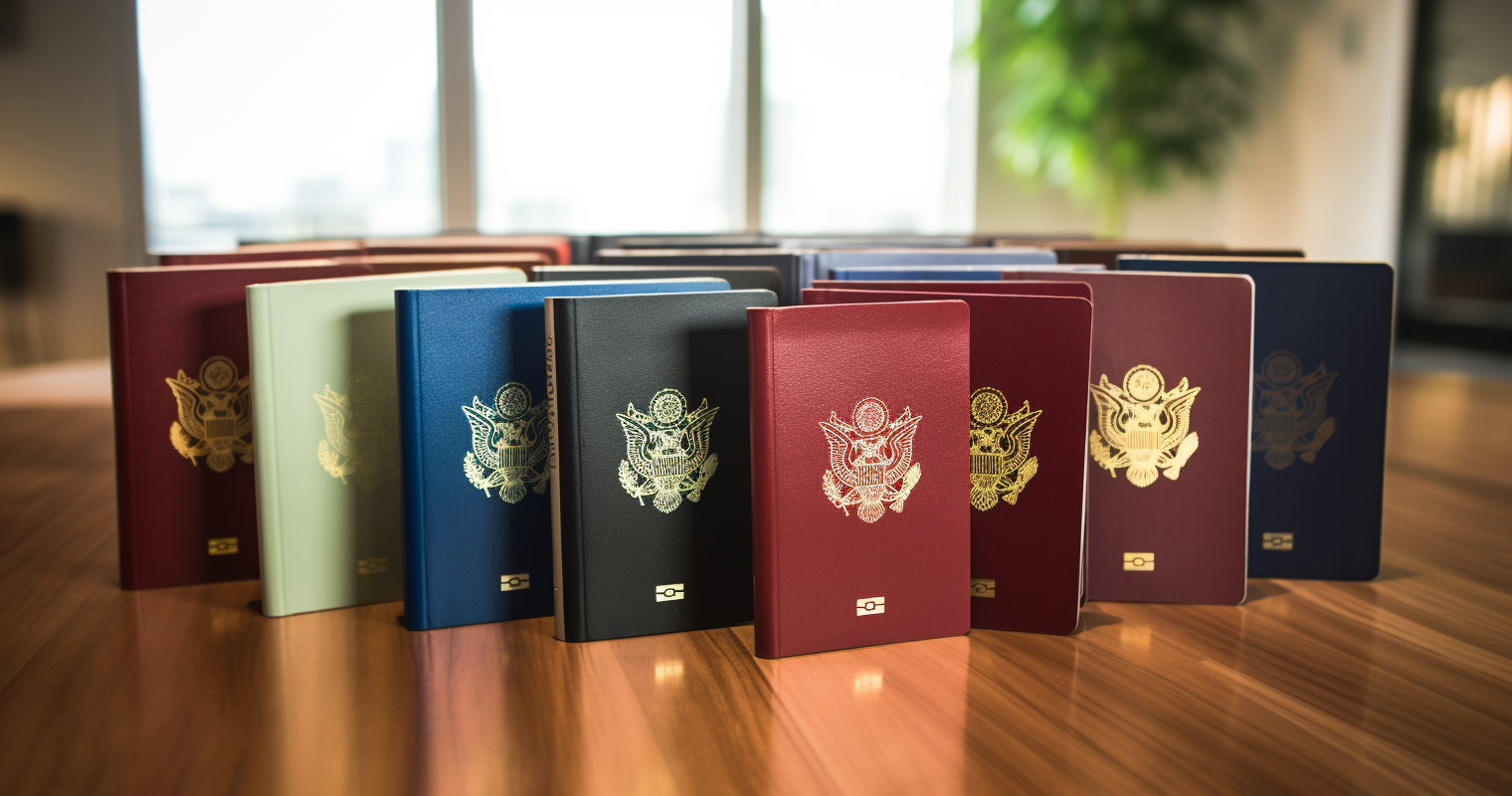Japan’s Nationality Act outlines the conditions that must be met in order to apply for citizenship. Citizenship in Japan can be acquired by birth, through marriage or through a naturalization process.
Birth
Those born in Japan to parents who are both Japanese citizens are automatically considered Japanese citizens. Children born to a Japanese citizen and a foreign national may have dual citizenship until the age of 22, at which point they must choose one nationality.
Marriage
Foreign nationals who marry a Japanese citizen can apply for citizenship after residing in Japan for at least three years. They must also meet additional requirements, such as demonstrating a basic understanding of the Japanese language, passing a citizenship exam, and demonstrating that they have a stable means of supporting themselves.
Naturalization
Foreign nationals who have resided in Japan for at least five consecutive years (or three years in some special cases) and meet other requirements such as demonstrating a basic understanding of the Japanese language, passing a citizenship exam, and demonstrating that they have a stable means of supporting themselves can apply for naturalization.
Process of Applying for Citizenship in Japan
The naturalization process for citizenship in Japan involves several steps.
Step 1: Residence
The first step is to live in Japan for the required amount of time. For most foreign nationals, this is five years, although the requirement is only three years for those who are married to a Japanese citizen or have a Japanese child.
Step 2: Meeting the Requirements
To apply for citizenship, foreign nationals must demonstrate a basic understanding of the Japanese language, have a clean criminal record, and be able to demonstrate that they have a stable means of supporting themselves. They must also pass a citizenship exam and an interview with the Ministry of Justice.
Step 3: Application
Once the requirements are met, an application for naturalization must be submitted to the Ministry of Justice. This includes a completed application form, photographs, and other supporting documents such as a certificate of residency.
Step 4: Decision
The Ministry of Justice will review the application and make a decision. If the application is approved, the foreign national will be granted citizenship and will be required to renounce their previous citizenship. If the application is denied, the individual may reapply after one year.
Advantages of Being Granted Citizenship in Japan
There are several advantages to being granted citizenship in Japan.
Rights and Benefits
Japanese citizens have a range of rights and benefits, including the right to vote, access to government services, and the ability to work in certain professions that are only open to Japanese citizens.
Access to Social Services
Japanese citizens are entitled to a range of social services, including healthcare, education, and pension benefits.
Mobility
Japanese citizens have the freedom to travel and work in many countries around the world without the need for a visa.
Rules Surrounding Dual Citizenship in Japan
Japanese law generally requires individuals to renounce their previous citizenship when they become a Japanese citizen. However, there are some exceptions to this rule.
Dual Citizenship
Dual citizenship is possible in some cases, such as when a child is born to parents who are citizens of both Japan and another country. However, in most cases, individuals must renounce their previous citizenship when they become a Japanese citizen.
Special Permission
There are some exceptions to the rule requiring renunciation of previous citizenship. For example, if renunciation would cause an individual to become stateless or if it is difficult to obtain citizenship in the other country. In these cases, the individual may be granted special permission to maintain their previous citizenship in addition to their Japanese citizenship.

